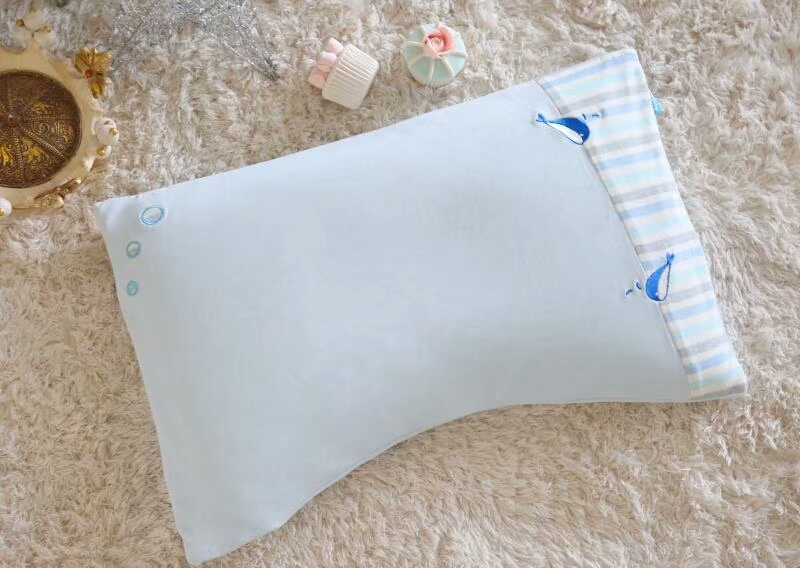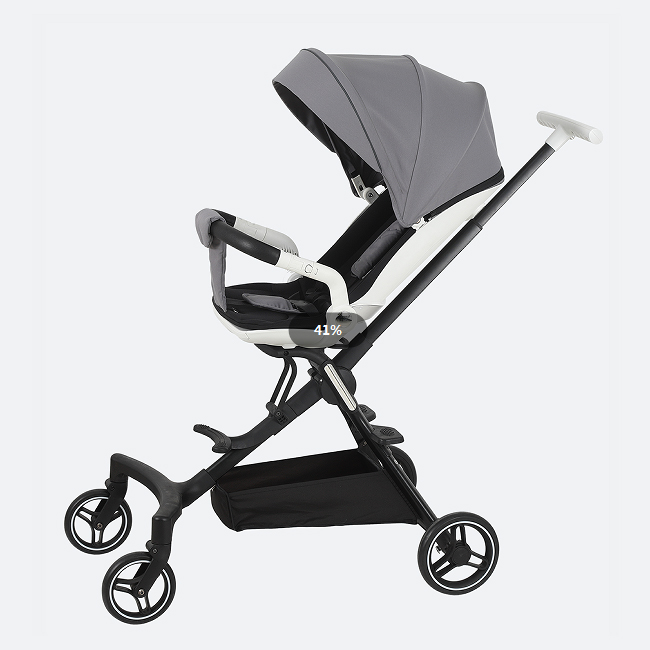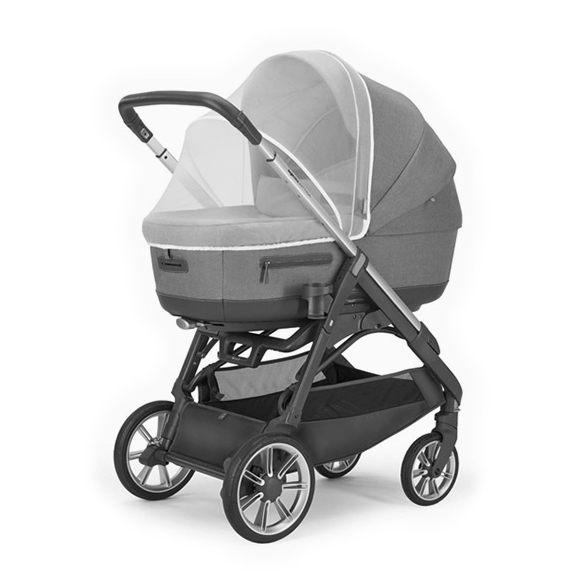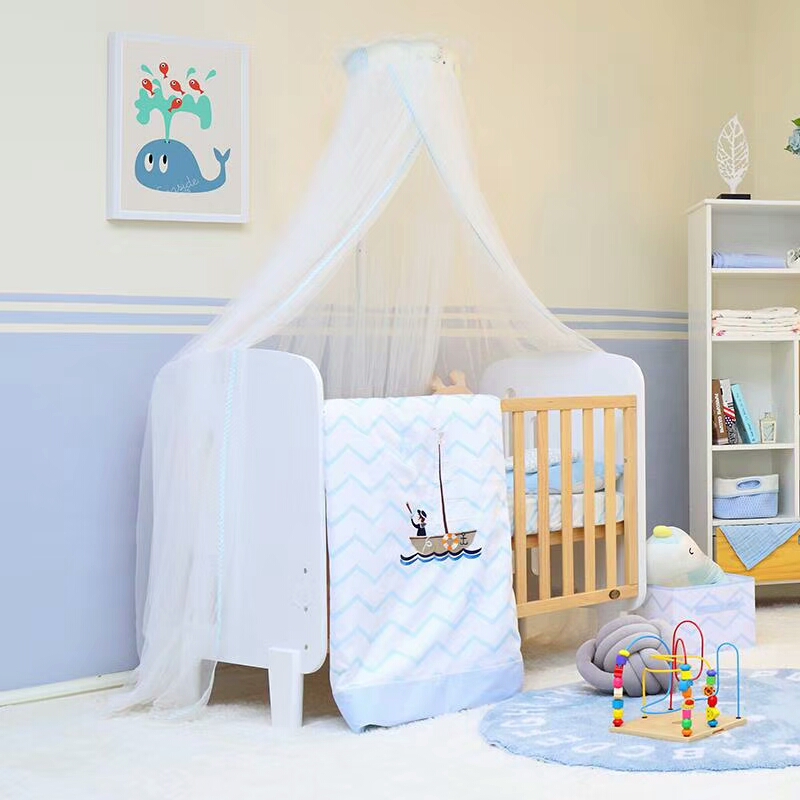Does a Baby Growth Pillow Help with Spinal Development? Here's the Truth

The Complexity of the Question
When new parents explore the world of baby products, baby growth pillows often catch their eye. Merchants' claims of "promoting healthy spinal development" are alluring, but the truth about whether these pillows actually aid in an infant's spinal development is far from straightforward. It's a topic that requires a detailed examination of multiple aspects.
The Process of Infant Spinal Development
The development of an infant's spine unfolds in a distinct and sequential manner. At birth, the baby's spine is in a "C" shape, which facilitates a smoother passage through the birth canal. As months pass and the baby achieves milestones like lifting its head, sitting up, and walking, three crucial physiological curves gradually take shape.
Around three months, as the baby starts to lift its head, the cervical spine begins to develop a forward curvature. By six months, when the baby masters sitting, the thoracic spine forms a backward curvature. And at approximately one year old, as the baby takes its first steps, the lumbar spine develops its forward curvature. These curves are fundamental for maintaining good posture and proper body function later in life.
The Theoretical Benefits of Growth Pillows
With an understanding of infant spinal development, let's consider how growth pillows might play a role. In theory, a well - designed growth pillow can offer significant support. Once a baby starts developing those physiological curves, a growth pillow with the appropriate height and firmness can properly cradle the head and neck. This support helps maintain the natural curvature of the spine and reduces unnecessary pressure on it.
For instance, for a baby that has learned to lift its head, using a low - height, moderately elastic growth pillow suitable for its age can provide excellent neck support during sleep. This keeps the spine relaxed, potentially contributing to healthy spinal development over time.
Practical Pitfalls in Using Growth Pillows
A pillow that's too high can force the baby's neck into an excessive forward bend, putting the spine in an unnatural position. This not only hinders spinal development but can also impact breathing and blood circulation. Prolonged use may even lead to spinal deformities. Additionally, using a growth pillow too early, before the baby reaches 18 months when the spinal curves aren't fully developed, can disrupt the baby's natural body balance and interfere with normal spinal growth.
Guidelines for Proper Use
To ensure that growth pillows are beneficial, parents need to follow specific guidelines. First, timing is crucial. Babies generally don't need pillows until they're 18 months old. Until then, a flat, soft mattress or a specialized baby - shaping pillow suffices. After 18 months, parents should consult doctors or childcare experts before choosing a growth pillow based on the baby's development.
When it comes to selection, scientific criteria must be met. For 1 - 3 - year - old babies, a growth pillow with a height of 3 - 5 centimeters is ideal, while for 3 - 6 - year - olds, 5 - 7 centimeters is appropriate. Materials should be natural, breathable, sweat - absorbent, and antibacterial, such as natural latex or buckwheat husks. Safety is also paramount—check for sharp edges, small - part hazards, and ensure the pillow meets quality and safety standards.






